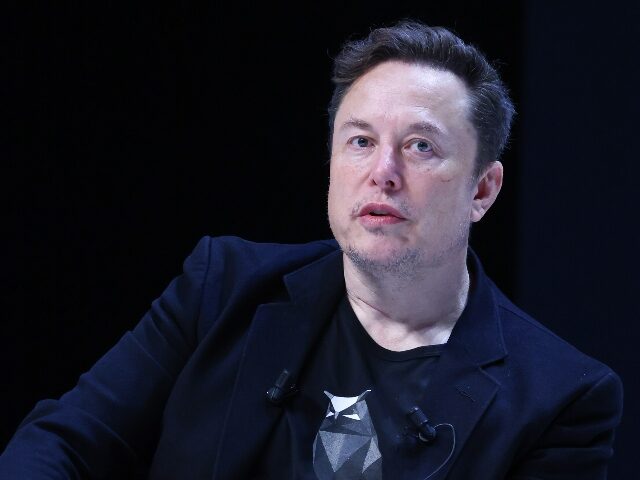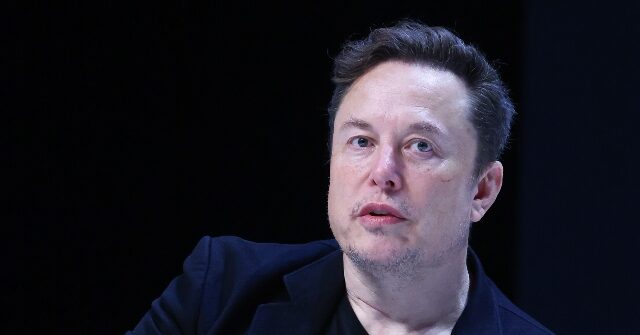
Elon Musk’s Tesla is disbanding its Dojo supercomputer team and its leader will leave the company, according to people familiar with the matter, marking a major shift in the automaker’s effort to develop advanced AI technology in-house for its driverless vehicles.
Bloomberg reports that Tesla is dissolving its Dojo supercomputer team, according to sources close to the matter. The move comes as a surprise, given the central role Dojo was expected to play in Tesla’s multibillion-dollar push to gain an edge in the AI race.
Peter Bannon, who spearheaded the Dojo project, is set to depart from the company following Elon Musk’s decision to shut down the initiative. The remaining members of the Dojo team, which recently lost around 20 employees to the newly established DensityAI, are being reassigned to other data center and computing projects within Tesla.
The disbanding of the Dojo team signals a strategic shift for Tesla, which had positioned the in-house supercomputer as a crucial component in developing the machine-learning models powering its Autopilot and Full Self-Driving systems, as well as the Optimus humanoid robot. Dojo, based on Tesla’s custom D1 chip, was designed to rapidly process vast amounts of video data captured by the company’s vehicles to enhance its AI algorithms.
Breitbart News reported in June that Tesla lost its top executive in the Optimus robot program:
Milan Kovac, who has been leading Tesla’s Optimus robot project since its inception three years ago, is now leaving the company. His departure is expected to have major repercussions for Elon Musk’s trillion-dollar robot dreams. Kovac, who came to America on under the H-1B via program that Musk had a meltdown defending, was instrumental in driving the development of Optimus, which Musk has touted as part of Tesla’s future.
Kovac’s leadership has been credited with transforming the Optimus project from an exploratory prototype to a more stable platform. Under his guidance, the Optimus team made significant strides in 2023, improving the robot’s locomotion capabilities, enabling it to walk off-gantry without falls, and enhancing its speed and human-like movements.
In light of this change, Tesla plans to lean more heavily on external technology partners, such as Nvidia and AMD for computing power and Samsung for chip manufacturing. Musk confirmed the new direction on X, stating that the company’s next-generation AI chips, which will be integrated into its vehicles, “will be excellent for inference and at least pretty good for training.” He emphasized that all efforts are now focused on this approach.
The decision to disband Dojo comes as a blow to Tesla’s AI aspirations, particularly given the high expectations surrounding the project. In 2023, Morgan Stanley analysts had estimated that Dojo could potentially add $500 billion to Tesla’s market value, highlighting its perceived importance as a competitive advantage.
The move also coincides with the emergence of DensityAI, a new startup founded by former Tesla executives, including Ganesh Venkataramanan, the former head of Dojo, and ex-employees Bill Chang and Ben Floering. DensityAI is reportedly working on chips, hardware, and software to power AI data centers across various industries, including robotics, automotive, and AI agents.
Tesla’s strategic pivot comes amidst a challenging year for the company, as it grapples with increasing competition, declining sales, and consumer backlash against Musk’s political activities.
Despite the setback, Tesla remains committed to advancing its AI capabilities. The company recently secured a $16.5 billion deal with Samsung to ensure a supply of AI semiconductors through 2033, with plans for Samsung’s upcoming Texas plant to produce Tesla’s next-generation AI6 chip.
Read more at Bloomberg here.
Lucas Nolan is a reporter for Breitbart News covering issues of free speech and online censorship.



